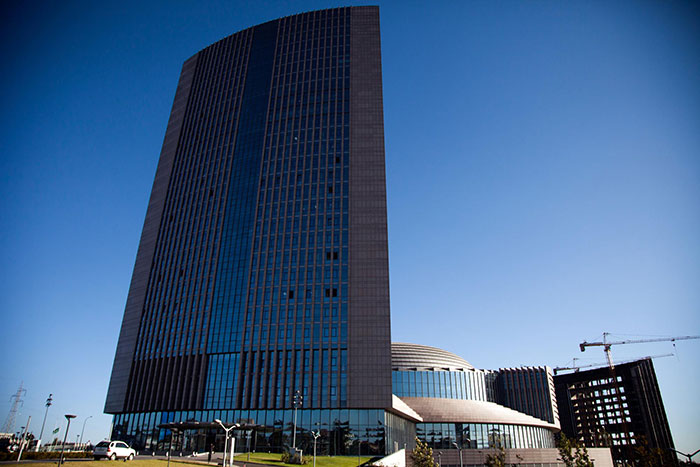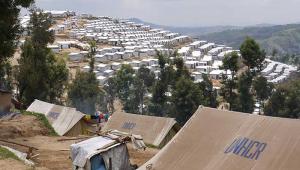web_11293200703_dd5c70e17d_o.jpg

The African Union headquarters in Addis Ababa, Ethiopia. Credit: Albert González Farran, UNAMID
In a new report, the think-tank found that in such cases overseas aid is partly to blame for incentivising regional organisations to signal intent for integration that doesn’t exist and can lead to ‘agenda inflation’, adding ever more items on to regional ‘to do’ lists.
It can also result in reduced ownership as the focus shifts to regional agendas and missed opportunities to strengthen institutional functions.
Overall, the report found that regional integration is lagging in Africa as ambitions, commitments and policies are made but never realised.
This is leading to a “growing frustration with the gap between rhetoric and what takes place on the ground”, the ECDPM said.
The think-tank also highlighted that bigger or more powerful countries like Nigeria hold much more sway and are able to have a bigger influence on regional agendas, contributing to driving or blocking processes, depending on their interest.
National interests, defined by ruling elites, are also often key in shaping how regional integration policies are implemented.
Other factors playing a role include natural disasters and other crises, the diversity of private sector and civil society organisations and different sectors’ sometimes competing interests and incentives.
ECDPM said greater awareness about the factors driving regional cooperation and obstacles to it was needed.
It suggested a move to a more ‘good fit’ focus rather than ‘one-size fits all’ approach, which would take into account the differences between countries.
This should prioritise “cross-country and regional cooperation where there is political, economic and administrative traction,” the ECDPM said.







